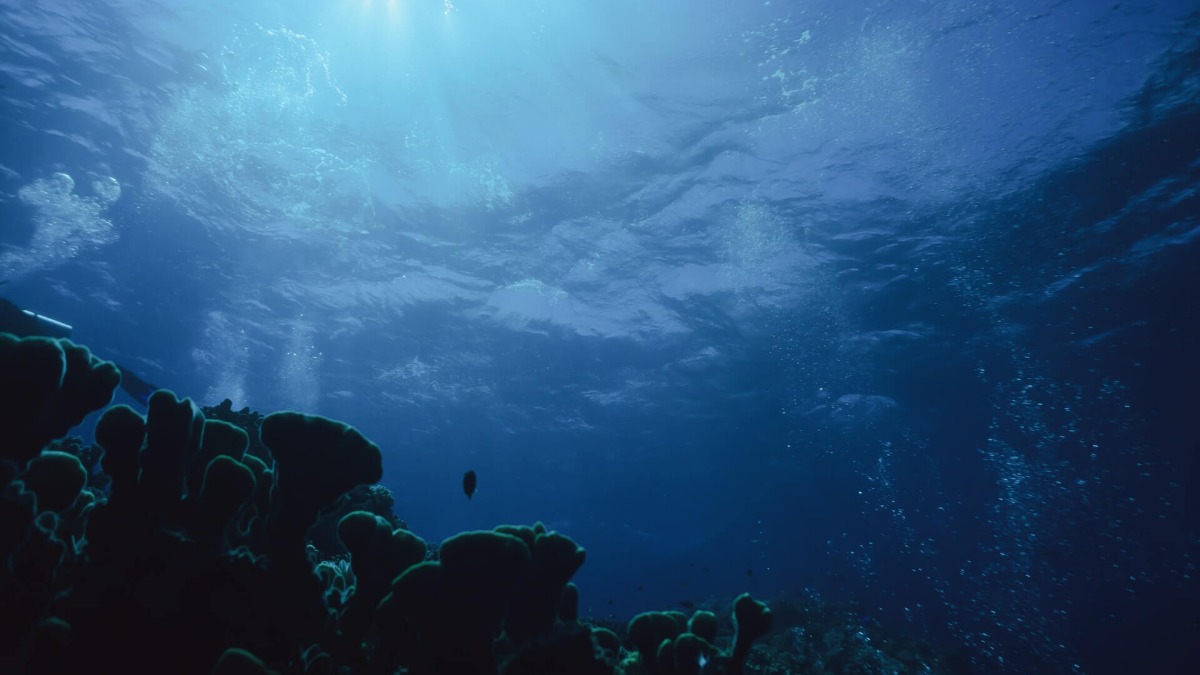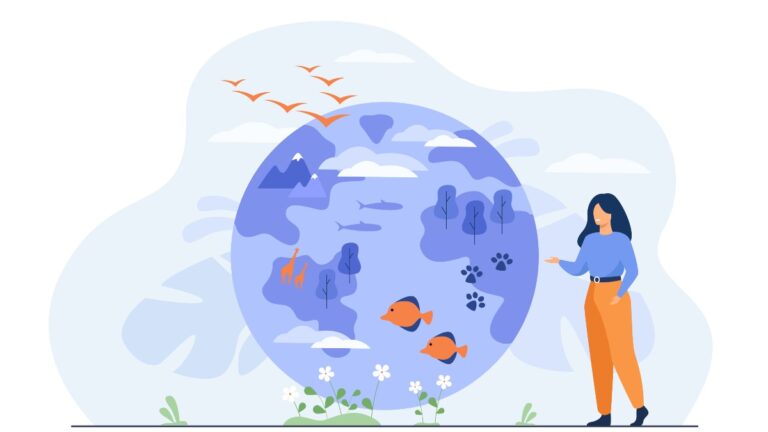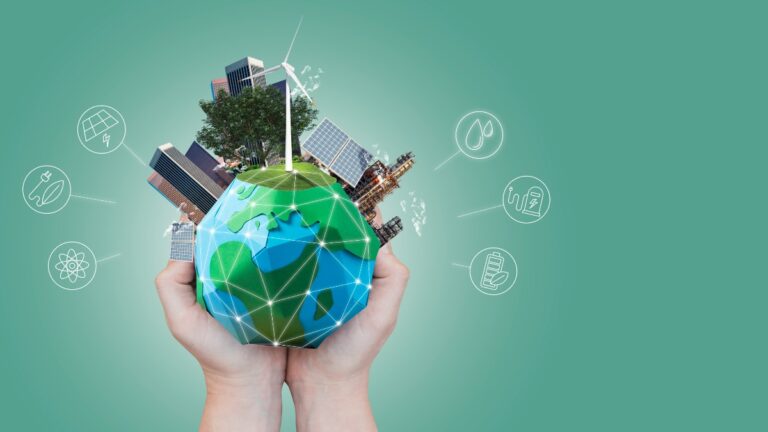By Mriganga Jyoti Chutia
You might have heard a lot about Sustainable Development Goals, ways to achieve them or the Agenda 2030.
But what exactly are Sustainable Development Goals?
With the continued exploitation of the earth’s resources and in order to achieve a better and sustainable future for all, the United Nations General Assembly set up a collection of 17 interlinked global goals called The Sustainable Development Goals(SDGs) and are intended to be achieved by the year 2030. They are included in the UN resolution called the Agenda 2030.
Background:
We are a land-dwelling species but we depend more on our oceans than we can imagine. Oceans cover close to three-quarters of the Earths surface, contain 97% of the Earth’s water and represent 99% of the living space on the planet by volume. Over three billion people depend on marine and coastal biodiversity for their livelihood.
But despite this great dependence on oceans and water resources, we have created tremendous damage to these resources. 40 % of the oceans are heavily negatively affected by man’s activities including pollution depletion of fisheries by overfishing, loss of coastal habitats through climate change etc. In addition plastic bags, oil pollution and other waste kill sea life and the situation continues to deteriorate year by year.
Excess nutrients from agriculture on land are causing eutrophication and creating thousands of oxygen-starved dead zones around the world. By 2050its estimated that there will be more plastics than fish in the oceans. That plastic breaks down into tiny fragments or microplastics which then enter into our food chain and thereby having untold effects on the living world.
Hence to tackle the global issues and unite the world community towards a common goal the United Nations have set up 17 goals under Sustainable Development Goals in which Goal No. 14 focuses on the conservation of “LIFE BELOW WATER”. So take a deep breath as we dive deep into Sustainable Development Goal No. 14.
Aim:
Sustainable Development Goal 14 focuses to conserve and sustainably use the oceans, seas and marine resources so that our future generation can continue their survival on this planet.
Targets:
The UN has defined 10 targets under Goal 14 which include:
- Target 14.1- To reduce marine pollution
- Target 14.2- To protect and restore ecosystems.
- Target 14.3- To reduce ocean acidification.
- Target 14.4- Sustainable Fishing
- Target 14.5- To conserve coastal and marine areas
- Target 14.6 –End Subsidies contributing to overfishing.
- Target 14.7 – Increase the economic benefits from the sustainable use of marine resources
- Target 14.a- Increase scientific knowledge, research and technology for ocean health.
- Target 14.b- Support small scale fishers
How we need to address this?
Sustainable Development Goal 14 commits countries to unite over what is global responsibility-the protection of oceans and the life dependent on them. But at the same time, we as individuals along with the government also need to contribute to achieving the targets set forward.
- We can avoid the use of plastics as much we can and look for alternatives.
- Prevent the use of agricultural chemicals for cultivation purposes which can cause eutrophication.
- Prevent and significantly reduce marine pollution of all kinds, in particular from land-based activities, including marine debris and nutrient pollution.
- Sustainably manage and protect marine and coastal ecosystems to avoid significant adverse impacts, including by strengthening their resilience, and take action for their restoration in order to achieve healthy and productive oceans.
- Minimise and address the impacts of ocean acidification, including through enhanced scientific cooperation at all levels.
- Prohibit certain forms of fisheries subsidies that contribute to overcapacity and overfishing, eliminate subsidies that contribute to illegal, unreported and unregulated fishing and refrain from introducing new such subsidies.




